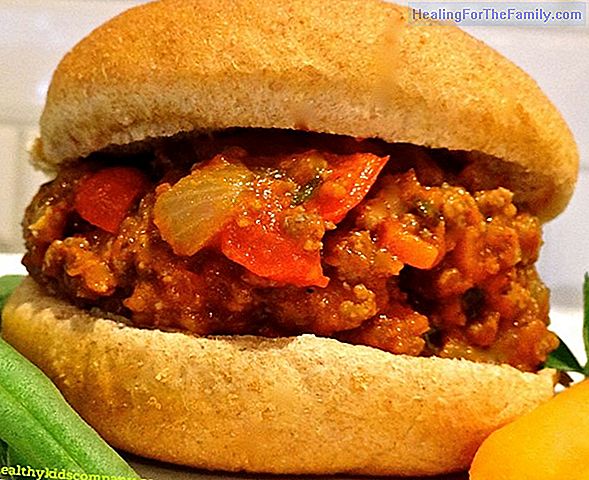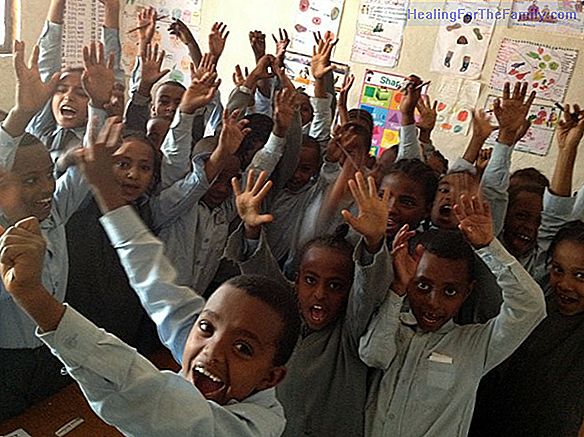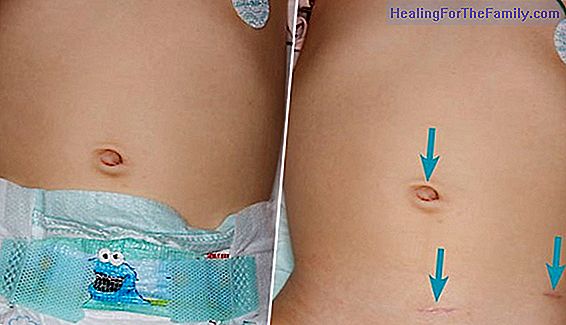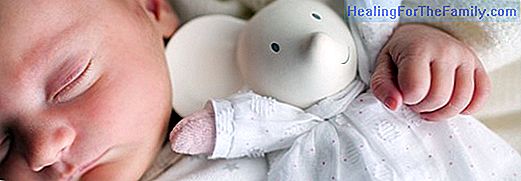Feeding in pregnancy and the allergies of the baby
Food allergies are something that, unfortunately, is the order of the day today. In particular, the case of allergies to nuts is of particular interest, as it represents a serious public health problem in developed countries and is probably, together with the allergy to cow's milk protein, one of th
Food allergies are something that, unfortunately, is the order of the day today. In particular, the case of allergies to nuts is of particular interest, as it represents a serious public health problem in developed countries and is probably, together with the allergy to cow's milk protein, one of the most studied. In some countries, such as the United Kingdom, there are even schools and nurseries that provide a nut-free environment to ensure the safety of children who are allergic to them.
Can the mother's diet during pregnancy have something to do with the early development of food allergies in her child?
Relationship between the feeding of the pregnant woman and her child's allergies

In the case of nut allergies: some studies suggest that early exposure, either in the mother's womb or through the milk during the breastfeeding period , to the antigen or allergen, in this case the own proteins of nuts, increases the possibility of development of allergy to nuts. However, breastfeeding itself does not seem to be a risk factor for the development of this allergy, but, in most cases, can act to exert a protective effect.
In utero sensitization is not an outlandish idea, since the fetus is in contact with proteins, as well as other substances and flavors from the maternal diet, through the amniotic fluid. As for sensitization via breast milk, it is also possible, since the proteins ingested by the mother can be found in this biological fluid. It is based on the results of some clinical studies that recommendations in certain countries include the prohibition of nut consumption during pregnancy and sometimes also during lactation.
Interestingly, soy and its derivatives can also help develop allergies to nuts, since some soy protein fractions are homologous to the main proteins of nuts, so what is called cross-sensitization occurs.
However, despite the many studies conducted, there is, in general, a great controversy over whether the consumption of certain foods by the mother during pregnancy and lactation, may or may not affect the appearance of allergies in the baby, and not There seems to be reliable information, definitive research, and no consensus about it.
Although it is true that maternal nutrition, both during pregnancy and during lactation, seems to be the most relevant factor when relating the consumption of certain antigens with the appearance of allergy in offspring, this result is limited to infants with predisposition to atopy via genetic inheritance, or what is the same, those children who sooner or later develop the allergy. It seems therefore advisable to recommend those mothers who have a history of allergy, atopy or asthma, both for their part and by the paternal route, to take care of their food as far as allergens are concerned, whether nuts, soy, fish and seafood ... On the other hand, not consuming potentially allergenic foods does not protect the baby from the development of the allergy, but only postpones the moment in which it comes into contact with the allergens, and therefore, develop the sensitization if it is going to be the case, for what is not convenient to obsess excessively with the subject.












